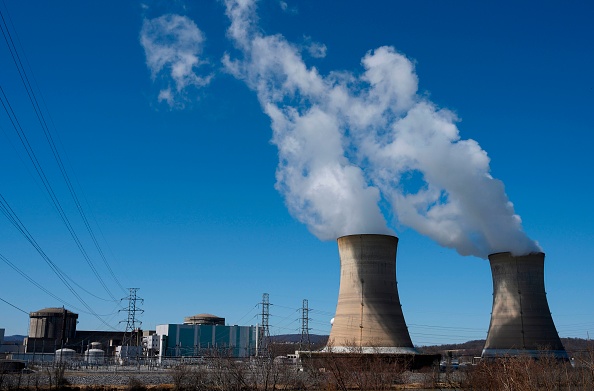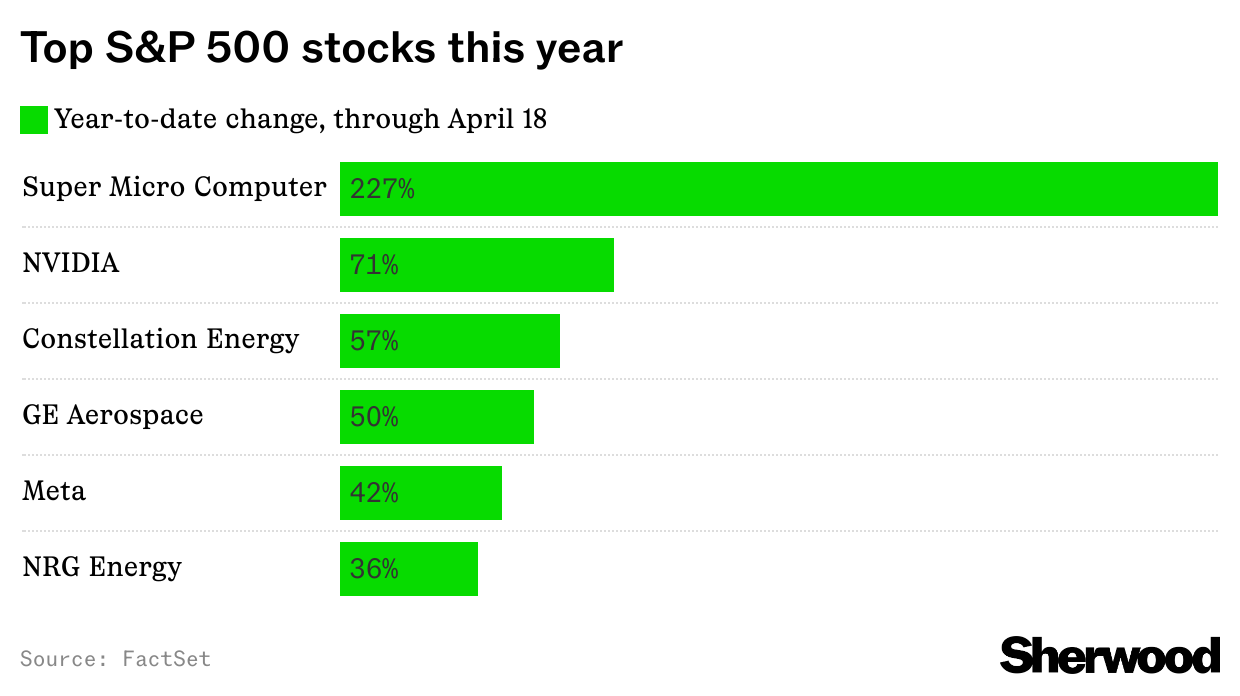Tuesday May.19, 2020
☎️ SoftBank's tech yard sale
_When you find out 1 company owns your entire sugar/caffeine fix_
Hey Snackers,
Tired of rotating between the couch, your desk, and the kitchen table during WFH? Why not buckle into the latest trend: WFC, or "Work from Car" — your family won't think you're trying to avoid them at all. "BRB honey, going to WFC."
Markets surged for their best day in 6 weeks after biotech company Moderna revealed positive early results for its COVID-19 vaccine trial. Investor optimism was also stoked after Jerome Powell said the Fed has not run out of economy-reviving ammunition "by a long shot."
Sell
SoftBank Vision Fund lost $18B, so it's trying to sell its T-Mobile shares
"Into the valley of the coronavirus..." Where SoftBank's founder/CEO Masayoshi Son said some of his beloved tech unicorns had fallen. The Japanese tech and telecom investment giant posted a record $18B operating loss for its Vision Fund — almost $10B of those losses came from the plunged values of its Uber and WeWork investments (WeWork dropped from $47B value to $2.9B in a year).
- SoftBank revealed its depressing results in a slideshow — the first 10 slides are dedicated to showcasing everything in the world that coronavirus ruined (complete with stock images of a sad chef).
- SoftBank is under pressure from activist investor Elliott Management (aka the most aggro fund on Wall Street) to salvage the situation — now SoftBank is aiming to sell $41B of its own investments to get cash.
"Can I interest you in some T-Mobile shares?"... What SoftBank is asking at its big tech yard sale. It's reportedly in talks to sell its T-Mobile shares to German carrier Deutsche Telekom. Currently, Deutsche owns a 43% stake in T-Mobile, Softbank owns 24%, and common stockholders like us own 33%.
When you're broke, you sell your valuables... Companies do the same. Under different circumstances, SoftBank probably wouldn't be selling its T-Mobile shares. After its recent merger with Sprint, T-Mobile is the #3 carrier out of the new "Big Three" in the US (after AT&T and Verizon) — and the stock is up 24% in the past six months. But the corona-conomy left Softbank with few choices — and it might have to sell other holdings to make a comeback.
IPO
Peet's Coffee might get a $2.2B IPO: it has more than just shops up its (coffee) sleeve
If you're not writing a novel... then you don't belong in a Peet's Coffee. Peet's was founded in Berkley, CA in 1966 by a man who "ignited a revolution that forever changed the expectations of American coffee drinkers." Today, it's owned by the privately held (and weirdly mysterious) German conglomerate JAB Holding — JAB also owns Panera, Krispy Kreme, Stumptown, and Keurig Dr Pepper. Now...
- JAB is looking to take Peet's public (again), aiming to raise $2.2B in an IPO (according to #PFWTM) — it would be one of the biggest IPOs this year so far.
- While many of Peet's 200+ shops are closed, 80% of Peet’s coffee is actually sold for home consumption (those fragrant bean blends hitting you at grocery stores).
- Ground coffee sales at US groceries jumped 11% in April, proving that demand for "Arabian Mocha-Java" bags is even stronger in the corona-conomy (people are trading $5 store-bought lattes for bags of beans).
But first, coffee... Caffeine-obsessed JAB is creating its own special blend of coffee (companies). Back in December, it mixed Peet's with Dutch brand JDE — its portfolio includes "iconic household names" like L’OR, Tassimo, and Pickwick. That combo is what is IPO'ing, and is expected to generate $7.5B in annual revenues.
JAB thinks coffee is pandemic-proof... As the most widely used psychoactive substance in the world, coffee is one of the most popular (and most addictive) consumer staples. In a recession, humans don't drink less coffee — they just drink cheaper coffee. That's why JAB will probably lean in even more into its pandemic-proof, at-home coffee biz.
Produce
Detroit's "Big 3" reopen for business this week — this is bigger than carmakers
Chicago had Jordan, Pippen, and Rodman... Detroit's Big 3 are carmakers: GM, Ford, and Chrysler. And they're reopening their factories, which have been closed since mid-March. Based on recent upticks in demand in China, automakers are hopeful that sales will follow when production restarts in the US:
- 133K American workers are expected to return to Big 3 plants across the country — Ford alone is bringing back 47K workers this week.
- If the regular speed limit is 60, automakers are cruising 30: They're only bringing back around half the full capacity of workers, and are implementing precautions like: temperature checks, face shields, plexiglass barriers, and staggered shifts.
When times get tough, the profit puppies get more attention... While automakers are taking health/safety precautions, another COVID-19 outbreak could spell another major closure. That's why the Big Three will focus on producing its profit puppies — trucks & SUVs — while they can.
This is about much more than Detroit Big Three... It's about the fate of all their auto industry buddies, like auto parts suppliers and car dealers. A whopping 3M Americans work in the auto industry, and rely on automakers to fuel their businesses. Car part-making companies have already begun cranking production this week for the highly anticipated factory reopenings.
What else we’re Snackin’
- Fortune: Walmart and Amazon top the 2020 Fortune 500 list — check out the other 498 companies that made the cut.
- Slash: Uber is cutting 3K more jobs less than two weeks after laying off 3.7K employees — it'll also shut or consolidate 45 global offices.
- Crypto: Reddit is launching Ethereum-based tokens to reward users for contributing content.
- Sell: Berkshire Hathaway sells off most of its Goldman Sachs stake after it plunged over 33% thanks to the corona-conomy.
- Compete: FedEx teams up with Microsoft's cloud service to deliver packages that can be tracked in real-time (they have one thing in common: hating Amazon).
Tuesday
- Treasury Secretary Steven Mnuchin and Fed Chair Jerome Powell visit the Senate to talk Corona-conomy
- Earnings expected from Walmart, Home Depot, Nordstrom, and Urban Outfitters
Disclosure: Authors of this Snacks own shares of Amazon
ID: 1190844
.png)

